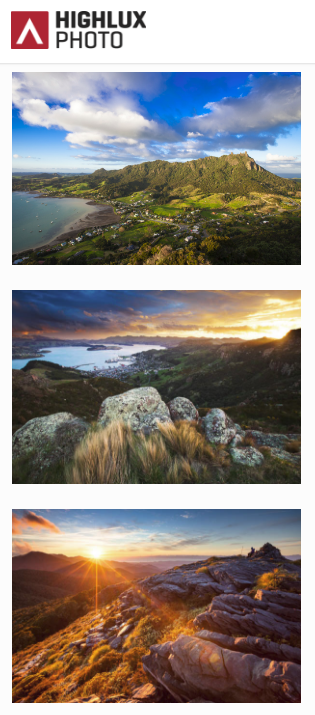A Master Educator Course provides participants with a comprehensive overview of Leave No Trace skills and ethics through practical application in a field-based setting. The first day is spent in a classroom, introducing the course and schedule, providing in-depth information on the overall Leave No Trace programme and its history, reviewing gear, and packing. The remaining days are spent in the field on a short trip, learning and practicing the principles of Leave No Trace.
Core Components for Master Educator Course Curriculum
- A minimum of 5 days of experiential instruction, 4 days of which must be conducted in the field, and at least three nights camping
- The role and function of a Leave No Trace Master Educator
- The principles and ethics of Leave No Trace
- Teaching skills and techniques and student learning styles
- At least one
student led teaching exercise by each participant - Overview of the Leave No Trace programme
- The role and function of Leave No Trace
Each course is staffed with highly experienced outdoor professionals who are Master Educator Instructors. You will learn Leave No Trace techniques through skits, discussions, and hands-on activities. To practice Leave No Trace teaching strategies in a supportive, educational environment, each participant will teach a short session geared toward minimum impact Leave No Trace concerns.
Every participant on a Master Educator course will receive a Master Educator handbook and on successful course completion, be able to deliver and provide certificates for Leave No Trace trainer courses and awareness workshops.
Start Time and Location
The Masters course generally starts on Monday morning at 9am. The morning of the first day is typically spent at a staging location. Here you will learn about the Leave No Trace programme history and prepare for the field portion of the course. In the afternoon, we leave for the field for the next three nights. We return to our staging location around lunch time on Friday, shower, eat lunch, clean up a bit, and finish up with evaluations, presentation of certificates, and other business.
Travel Information
You should plan to arrive on the Sunday before your course begins for courses beginning Monday morning. Courses end around 3pm on the following Friday. Please leave adequate time between the end of your course and any air flights to allow for transport time to the airport, and for any unforeseen delays that occur. Airport information and driving instructions will be provided in advance of your course start. There may be shuttle services, or we may be able to provide a pick-up at the local airport. Pick-up times will be determined as people make their travel arrangements.
Food and Equipment
Breakfasts and dinners during the course are provided; participants bring their own lunch and snack food. Food for the field portion of the course includes items such as rice, pasta and grains. We supplement dry staples with fresh vegetables, herbs, spices and cheese. If you have any dietary restrictions please let us know.
For the field portion of the course the group is divided into “cook groups” of around three people. Each group is a self-contained unit with cooking gear, food and a shelter provided. Each cook group will be responsible for preparing their own meals. This arrangement helps us to operate more efficiently, encourages discussion among participants, and enhances our ability to minimise impacts in camp.
First aid supplies will be provided. Other equipment such as backpacks, fleece jackets, and rain gear, is often available for hire as well, please ask in advance. Storage for vehicles and personal belongings not taken to the field is available.
We will be carrying a variety of resources (articles, books, teaching aids). We encourage you to bring any pertinent articles or books that you have found useful.
Participants and Instructors
Leave No Trace Master Courses often consist of participants representing land management, recreation, education and youth group organisations. There will be instructors from Leave No Trace New Zealand teaching each course.
Participant Experience Level
Participants are expected to have some basic tramping experience when they come on a course. During the course we may review camping and cooking techniques, but this is only to practice skills and illustrate various ways of presenting this information to the groups you will lead in the future. Teaching experience is helpful, but not required of participants. An interest and drive to teach others LNT skills is most important. While the course is not designed to be strenuous for fit and active people, it can be somewhat challenging if you are out of shape or have a pre-existing medical condition which may affect your performance. Please contact us if either of the latter is the case.

